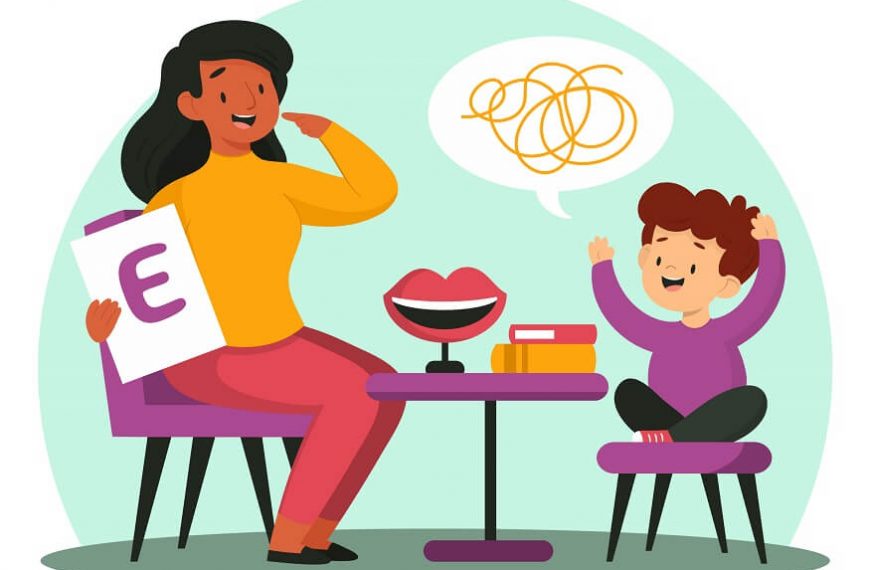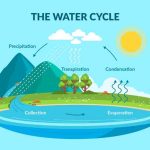Words are not just how we talk; they help us be friends and understand each other. When we were little kids, words helped us learn and be happy with our friends. But sometimes, it’s hard when we don’t understand words. In this article, we’re going to find out how to make it easier for kids to learn and talk. We’ll learn how to talk better and be great friends. So, let’s start our adventure in talking and make sure all kids can talk and have fun together!
Understanding Language Barriers
Language Barriers Defined
Language barriers are like big problems that happen when people can’t talk to each other because they speak different languages. It’s like when you want to tell a friend something, but they don’t understand your words, and you don’t understand theirs. These problems can happen because people speak different languages or don’t use the same signs and gestures to talk. It’s like trying to play a game with someone who doesn’t know the rules, and it can make it hard for people to understand each other.
The Impact of Language Barriers in Early Years
Words are like magic! They help us see the world, share our feelings, and make friends. But when we don’t understand words, it can make us feel super duper frustrated, lonely, and make it hard to learn new things.
Examples of Linguistic Barriers
Sometimes, when a kid and their grown-up speak different languages, it can be like a big puzzle! Imagine if the kid says, “I’m hungry!” in their language, but the grown-up doesn’t understand.
The kid’s tummy might rumble, and they want food, but it’s hard to explain. The grown-up might try to guess what the kid needs, but it’s like a guessing game! They might bring toys or water, but that’s not what the kid really wants. So, it’s important for the kid and the grown-up to find a way to understand each other, even if they speak different languages. They can use gestures, like pointing at the tummy, or maybe pictures of food. And slowly, they can learn a bit of each other’s language too! That way, the kid’s needs can be met, and everyone can be happy and full!
Strategies to Overcome Language Barriers
- Bilingual Education
- Multilingual Staff and Resources
- Encourage Parent Involvement
- Visual Aids and Non-Verbal Communication
- Individualised Learning Plans
- Music and Songs
- Cultural Exchange Programs
- Language Immersion
Bilingual schools are very important! They help kids speak lots of different languages when they’re really young. That way, we can talk in lots of cool ways and be super good at different languages!
Hiring teachers and helpers who know lots of different languages can make school super fun for everyone. And when kids have books and stuff in lots of languages, it helps them learn even more words!
It’s extremely important to make parents involved in learning! Ask them to talk in their own special languages with their kids and join in on school stuff together. This not only help with different languages, but it also makes the connection between kids and their grown-ups even stronger!
Using pictures, drawings, and funny hand movements can help kids like us understand stuff even when we don’t speak the same words. Sometimes, a picture or a wave can say lots of things and everyone can get it!
Making special plans for kids who need help with talking is very important! First, we find out which kids need extra help with talking, and then we make plans that are just right for them to talk better. It’s like making a secret code to help them talk more easily!
Using music and songs from all around the world in our everyday stuff is fun! It’s like having a big, exciting party every day! So, you can sing songs in different languages while you brush your teeth, eat your breakfast, or even play with your toys. It’s like a secret code of fun words that you get to learn. Singing helps you say words just right. So, if you’re learning new words in another language, you can sing them in songs, and it makes it easier to remember and say them correctly!
There are cool programs where kids can make friends from all over who talk different languages? It’s like having friends from all around the world! These programs help kids talk to their new friends and learn their languages.
Imagine going to a special school where you get to learn a whole new language by being in it all the time! It’s like jumping into a big pool of words from another language and splashing around in it. This super-duper way of learning can make you talk like a pro in no time. So, you see, it’s like learning super fast and becoming a language superhero!
The Role of Patience and Empathy
Making it easier to talk with others who speak different languages is about being patient and kind for teachers and grown-ups. You see, learning new words takes time, and sometimes kids like me might feel a bit frustrated. But if we have a safe and caring place where it’s okay to make mistakes, it can really help us learn and talk better.
Building a Language-Rich Environment
- Storytelling and Reading Aloud
- Cultural Celebrations
- Language Playgroups
- Technology and Language Learning Apps
Storytelling and reading out loud are super-duper awesome for learning words and talking better! We can have fun telling stories in different languages to make our brains even smarter and have lots of words to use.
Kids have lots of fun at school by learning different languages and doing cool traditions from all around the world! When we do this, we not only get to talk in new languages, but we also learn to be nice to all the cultures.
Having fun with our friends who talk in different languages is super cool! We can make playgroups where we all play together and learn new words from each other. It’s really fun and helps us talk and share with more friends!
You can use cool language-learning apps and fun tools on your computer to learn new languages! They’re like games that help you talk in different languages and have lots of fun while you learn!
Monitoring Progress and Seeking Professional Help
- Regular Assessments
- Collaboration with Speech Therapists
Check how a kid talks and understands words a lot. If they have trouble, help them more.
If talking is tricky and words are like puzzles that don’t fit, it’s okay to ask grown-ups for help. Sometimes, special talk helpers called speech therapists or language specialists can make talking easier and more fun. They know lots of cool tricks to help you talk better!
At EuroKids, we really like helping kids learn to talk better! We make special places where everyone can learn and have fun with words. Come play and learn with us, and we’ll help you talk even better!
















